- Kenmore refrigerator water filters
- Whirlpool refrigerator water filters
- Samsung refrigerator water filters
- GE refrigerator water filters
- LG refrigerator water filters
- Frigidaire refrigerator water filters
- KitchenAid refrigerator water filters
- Maytag refrigerator water filters
- Kenmore Elite refrigerator water filters
- Estate refrigerator water filters
- GE Profile refrigerator water filters
- Amana refrigerator water filters
- Bosch refrigerator water filters
- Dacor refrigerator water filters
- Electrolux refrigerator water filters
7 microwave mistakes
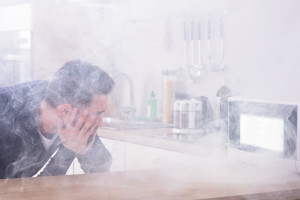

Microwaves are great for heating food quickly. However, there are some foods and cookware that you should take extra care with when using a microwave. Here are 7 things you should never do to a microwave.
Don't microwave an egg in its shell. Ka-BOOM! The same applies to foods with unbroken skins, such as potatoes and hot dogs—poke them with a fork first.
Don’t overheat liquid such as water, coffee or tea because they can heat beyond the boiling point without appearing to boil. As a result, very hot liquid could suddenly boil over when you take the container out of the microwave or insert a spoon or other utensil into the liquid. Stirring distributes heat evenly, so make sure to stir both before and halfway through heating liquids. Don’t use a straight-sided container with a narrow neck to heat liquids and leave the container in the microwave for 20 to 30 seconds before removing it.
Don’t heat baby bottles and baby food jars in the microwave. The food or liquid could have a hotspot that could cause a burn.
Don't use the following when microwaving: margarine tubs, paper bags, plastic dishes and bags not rated for microwave use; metal pans or dishes with metallic trim; wire twist ties; glass cookware not approved for microwave use; or recycled paper products (impurities in some recycled paper could cause sparking).
Don’t open the microwave door if the food inside it ignites. Instead, keep the door closed, turn the microwave off and disconnect the power cord, or shut off power at the fuse or circuit breaker panel. Once the fire is out, have a local microwave repair expert inspect the microwave and fix any damage before using it again. Don’t try to repair it yourself because high-voltage capacitors in a microwave can retain a lethal electrical charge even when the microwave is unplugged.
Don’t forget to clean the grease filters on an over-the-range microwave once a month. They're on the bottom of the microwave.
Don’t try to use your microwave with the door open; doing so can expose you to harmful microwave energy. And don't tamper with the safety interlocks.
Was this information helpful?
Most common symptoms to help you fix your wall oven
Choose a symptom to see related wall oven repairs.
Main causes: bad oven door lock assembly, faulty electronic control board, wiring failure…
Main causes: broken broil element, faulty broil burner igniter, control system failure…
Main causes: broken bake element, bad bake burner igniter, tripped thermal switch, control system failure…
Main causes: faulty oven temperature sensor, control system problem, weak burner igniter, damaged oven element…
Main causes: lack of electrical power, bad electronic control board, faulty oven control thermostat…
Main causes: lack of gas supply, broken igniter, tripped circuit breaker, broken oven element, tripped thermal fuse, con…
Most common repair guides to help fix your wall oven
These step-by-step repair guides will help you safely fix what’s broken on your wall oven.
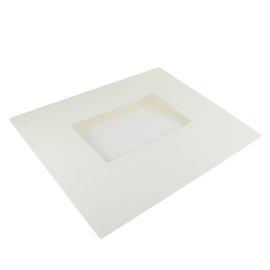
How to replace a wall oven door outer glass panel
Learn how to replace a damaged outer window panel on your wall oven door with these step-by-step instructions. …
Repair difficulty
Time required
45 minutes or less
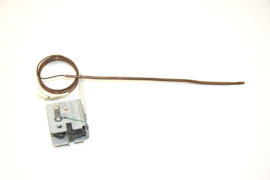
How to replace a wall oven control thermostat
Get your oven temperature under your control by replacing a faulty oven control thermostat.…
Repair difficulty
Time required
60 minutes or less
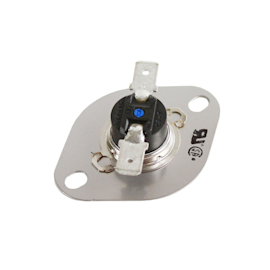
How to replace a wall oven thermal fuse
The thermal fuse trips to prevent the over from excessively overheating. The oven won't heat again until you replace the…
Repair difficulty
Time required
60 minutes or less
Effective articles & videos to help repair your wall oven
Use the advice and tips in these articles and videos to get the most out of your wall oven.

Get tips on completing essential holiday cleaning tasks to brighten your home.…

Learn about all the convenient features on our Sears PartsDirect website that make your parts purchases easier.…
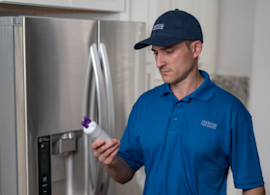
Get answers to frequently asked questions about Sears and Sears PartsDirect.…